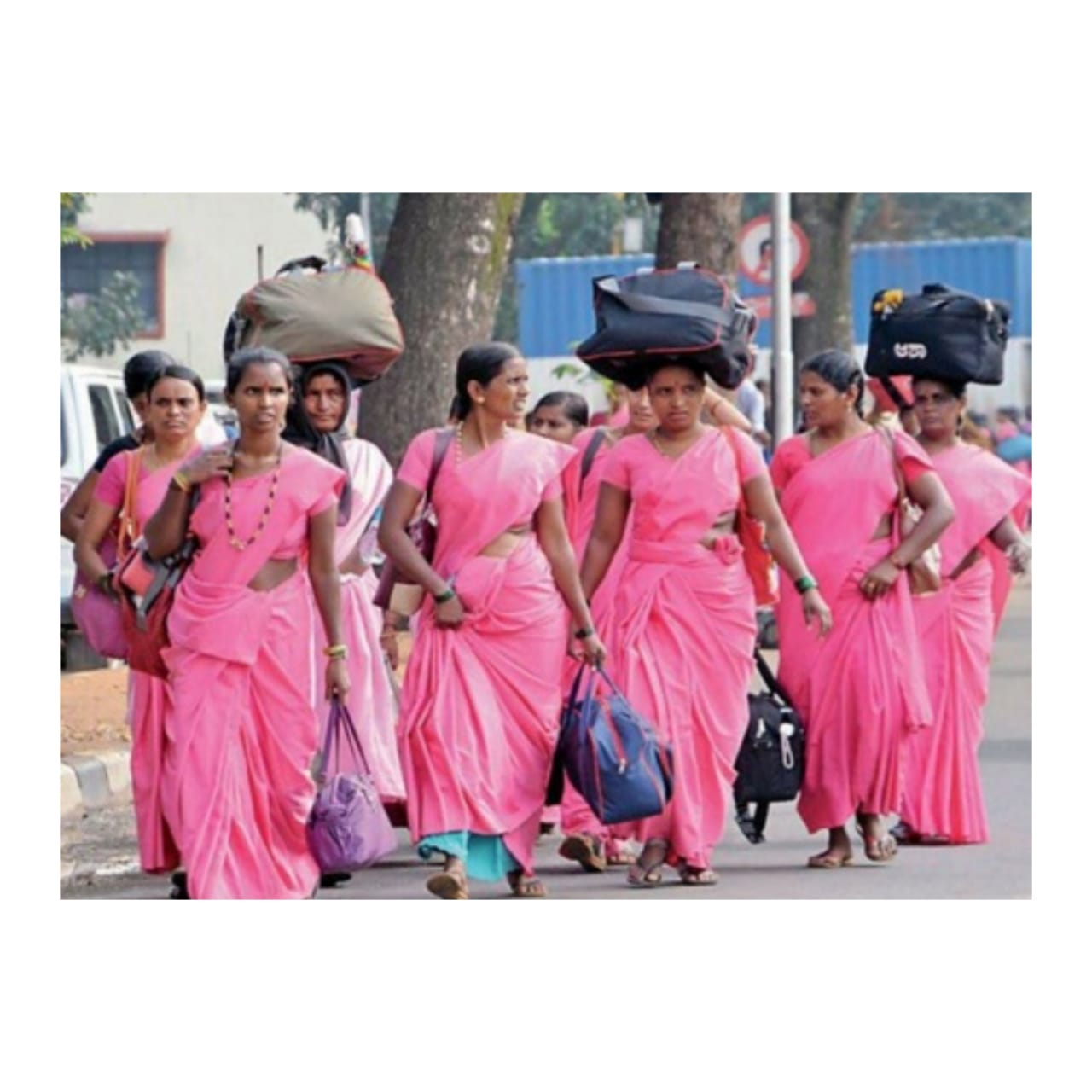One Of The Key Components Of The National Rural Health Mission Is To Provide Trained Women Community Health Workers Ashas Or Recognized Social Health Workers To Each Village In The Country. Selected From And Responsible For The Village Itself, Asha Will Be Trained To Serve As An Interface Between The Community And The Public Health System. Asha Should Be A Married / Widowed / Divorced Village Woman, Mainly In The Age Group Of 25 To 45 Years. Asha’s More Than 10 Lakh Activists Spread Across The Country And Came As A Last Resort To Help During This Harsh Complete Epidemic, They Are Also Working Hard At A Salary Of Only Rupees 2000. No One Was Watching Them, Even People Were Abusing Them When They Went To Their House To Survey That More Than 10 Workers Had Died A Week Before Due To Corona And There Family Asking For Them, But Nobody Listened To Them. These Activists Are Playing A Very Important Role In The Battle Of Epidemics; They Cover All Rural Areas Across The Country. They Are Not Workers, They Are Volunteers, But They Perform Their Duties Like A Worker. Now What Is The Need Of That Labourer To Do This, Why Do They Not Leave The Job Where No One Listens To It, Where No One Looks At It, Where No One Talks To Them. What Is The Need To Do That Work? The Need Is Basic Food, The Need Is For The Rental House, The Need Is For Clothes, And The Need Is Hope! Hope, For Tomorrow’s In A Better Tomorrow So One Day They Will Live a joyful Tomorrow.

Asha has been going on strike for two days from August 7 to draw attention to her plight. As word spreads, union leaders can expect more. They want better and timely pay, and a legal position that ensures minimum wages helps Indian authorities track high-risk contacts of Covid-19 patients in slums and hard-to-reach rural parts of the country to maintain his work of doing. Losing ASHAs will not only threaten India’s virus-prevention effort, but they also affect other essential health services that it provides to rural families ranging from immunization of children to tuberculosis control. “To work from 7 am to 5 pm. We only get 2,000 rupees ($ 27) a month and no masks or sanitizers, ”said Sulochana Rajendra Sabade, a 45-year-old Asha in Jalgaon district of Maharashtra, a state on the west coast of India with its capital Mumbai.

[…] महामारी से निपटने में आशाओं की भूमिका […]